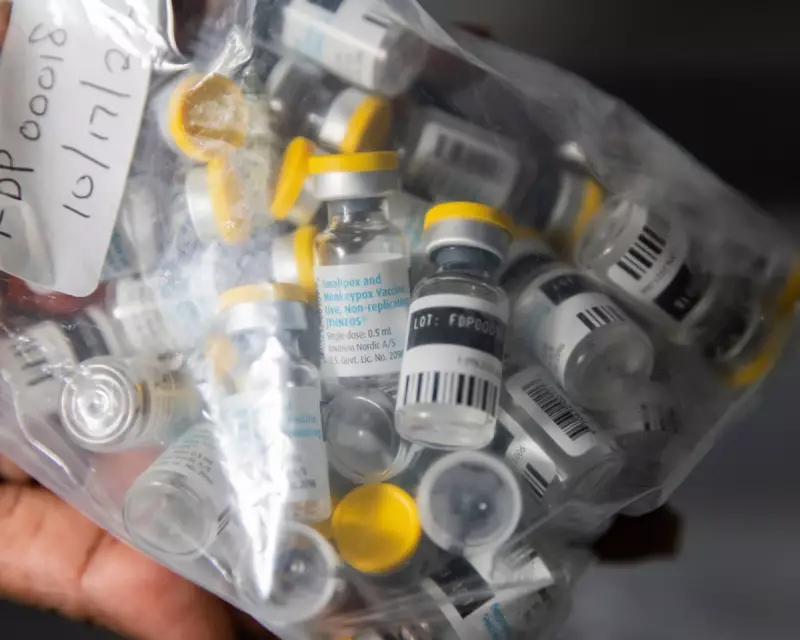
American health officials have sounded the alarm as a concerning new MPX variant sweeps across multiple states, prompting urgent containment measures and raising questions about vaccine effectiveness.
Rapid Spread Triggers Emergency Response
The newly identified strain of the MPX virus has demonstrated an alarming transmission rate, with confirmed cases appearing in several major metropolitan areas within weeks of initial detection. Public health teams have been deployed to hotspots to conduct contact tracing and implement isolation protocols.
Vaccine Effectiveness Under Scrutiny
Early data suggests existing vaccines may offer reduced protection against this mutated version of the virus. Laboratory studies indicate the variant possesses several genetic changes in key surface proteins, potentially allowing it to partially evade immunity from previous infection or vaccination.
Enhanced Surveillance Measures
Federal health agencies have activated enhanced surveillance systems, working closely with state laboratories to accelerate genetic sequencing of new cases. Testing capacity is being rapidly expanded in affected regions, with particular focus on high-risk communities and healthcare settings.
Symptoms and Transmission Patterns
Medical professionals report the new variant appears to cause similar symptoms to previous strains, though some patients are experiencing more pronounced respiratory involvement. Health authorities emphasize that while severity doesn't appear increased, the accelerated spread poses significant public health challenges.
Global Health Community on Alert
International health organizations are closely monitoring the situation, with several countries enhancing border screening measures. The rapid emergence of this variant has reignited discussions about global pandemic preparedness and the need for more robust early warning systems.
Public health experts are urging vigilance while emphasizing that existing preventive measures – including isolation when symptomatic and protective equipment in healthcare settings – remain crucial for containment.





